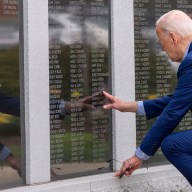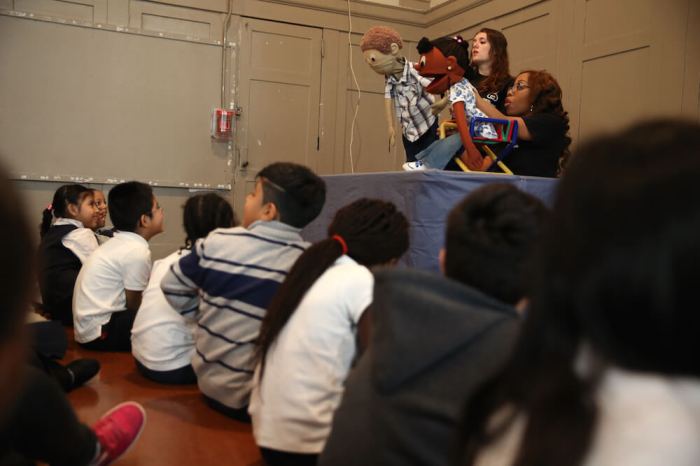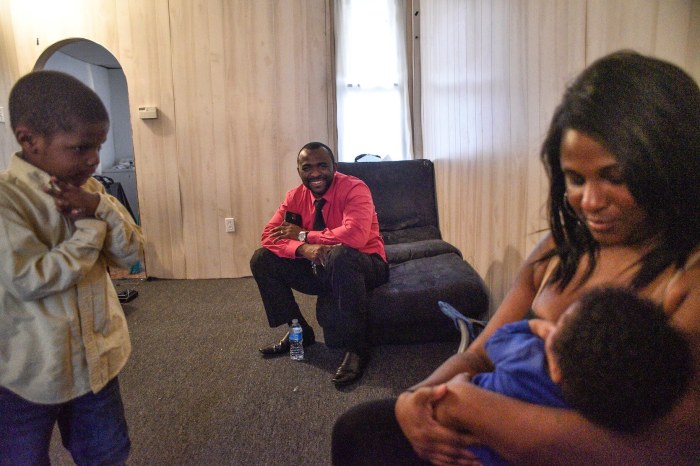When he was two years old, in 1942, Senate majority leader Mitch McConnell developed polio, the now-eradicated virus that causes paralysis.
He and his family traveled to Warm Springs, Georgia, where the first hospital to treat polio had been established. Four years earlier, President Franklin D. Roosevelt, who had been paralyzed by the disease, started a charity to fund the hospital and polio research. Its name: The National Foundation for Infantile Paralysis (NFIP), later changed to the March of Dimes.
McConnell’s was successfully treated with physical therapy at Warm Springs, which enabled him to walk. It was financed by the March of Dimes.
This week, a number of charities wanted to talk with him about the Senate healthcare bill, which was drafted in secret, contained $880 billion in cuts to Medicaid and is expected to increase the number of uninsured to 23 million, including people with disabilities. McConnell refused to meet with them all.
One of them was the March of Dimes.
Fourteen other patients’ groups — including the American Heart Association, the American Lung Association and the American Diabetes Association — had requested meetings with McConnell, proposing any time between before June 22. McConnell’s staff said that he was “too busy” to meet with any of them.
Per @NoamLevey, McConnells office is refusing meetings with major patient advocacy groups. pic.twitter.com/UdsNavQ9Cy
— Sarah Kliff (@sarahkliff) June 16, 2017
Last week, McConnell was also too occupied to meet with dozens of disabled activists who massed in the hall outside his office, many of them in wheelchairs. They chanted against cuts to Medicaid, which would affect community services for the disabled. Many were arrested and forcibly removed from the office by being carried away from their wheelchairs, images of which were widely broadcast last week.
The proposed Medicaid cuts would also affect disabled children, particularly those in special education. School districts rely on Medicaid to provide services to disabled students, ranging from physical therapists to feeding tubes and preventative care.

















